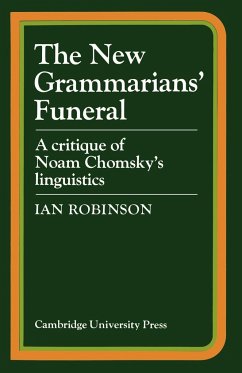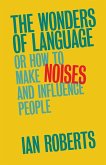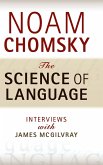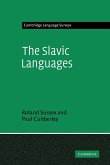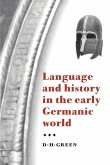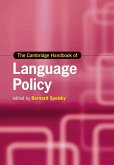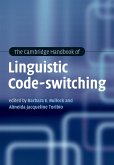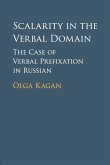This is probably the sharpest consideration of Chomskyan linguistics yet to appear. Ian Robinson argues that it is important to recognise Chomsky's positive achievement as a definition of the domain of traditional syntax in the context of an adherence to traditional grammar. But this strictly limited achievement offers no basis for many of the claims made for linguistics. Chomsky's views of language as a whole are narrow and conceptually confused; his psychology is based on the predication of unnecessary entities; and the central ambition to make linguistics a natural science is deeply misconceived. The common reader will find the argument clear and invigorating. The study of language necessarily interests philosophers as well as linguists: so the ordinary person with no more than an interest in poetry or speech may feel himself disadvantaged as an amateur. On the contrary: it is by the common reader that the discussion of language is finally judged, and Mr Robinson speaks for the central common sense of speakers and readers of language and literature.
Hinweis: Dieser Artikel kann nur an eine deutsche Lieferadresse ausgeliefert werden.
Hinweis: Dieser Artikel kann nur an eine deutsche Lieferadresse ausgeliefert werden.

